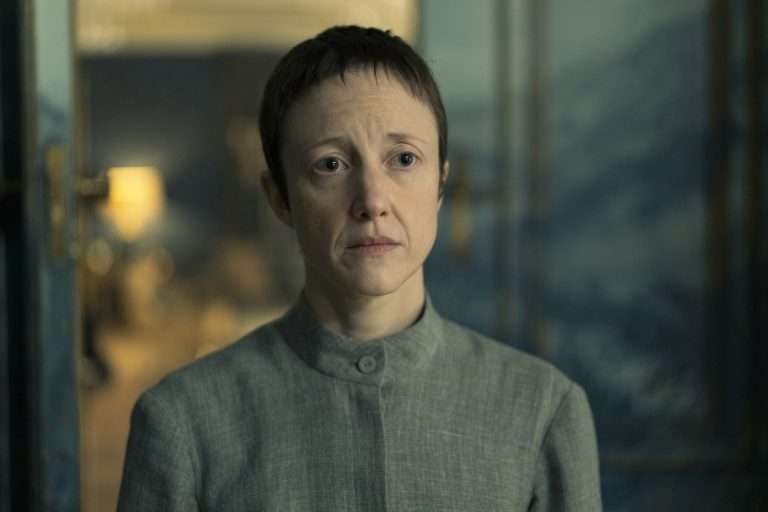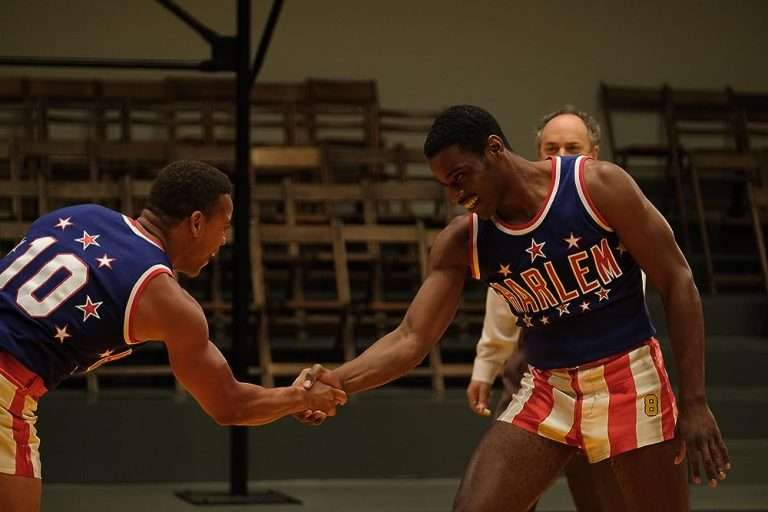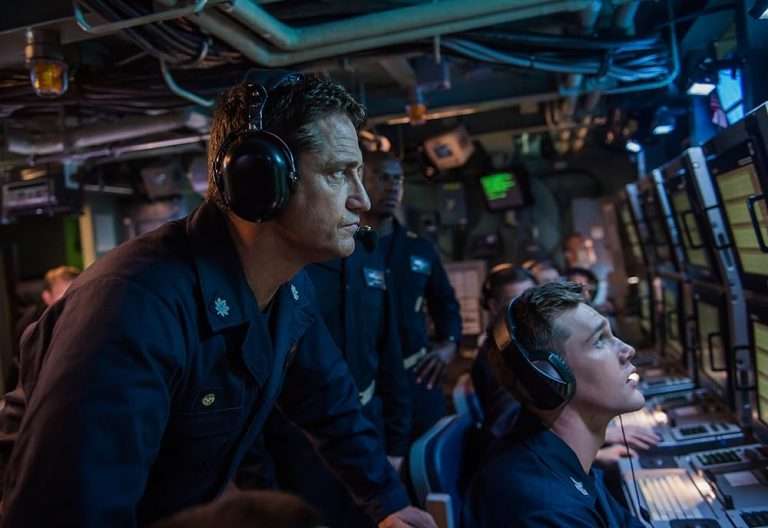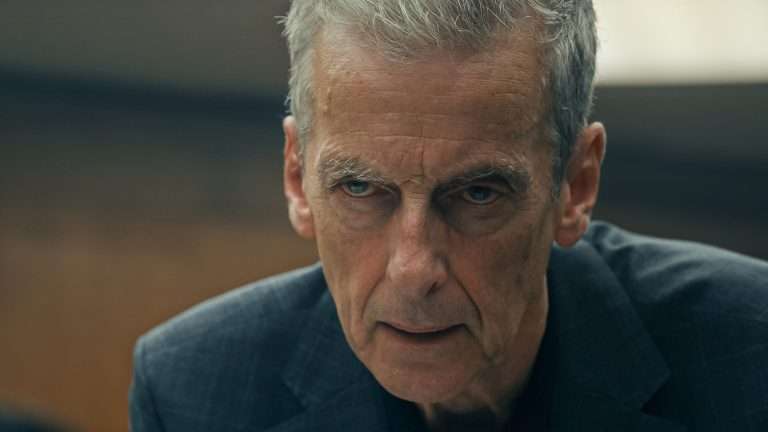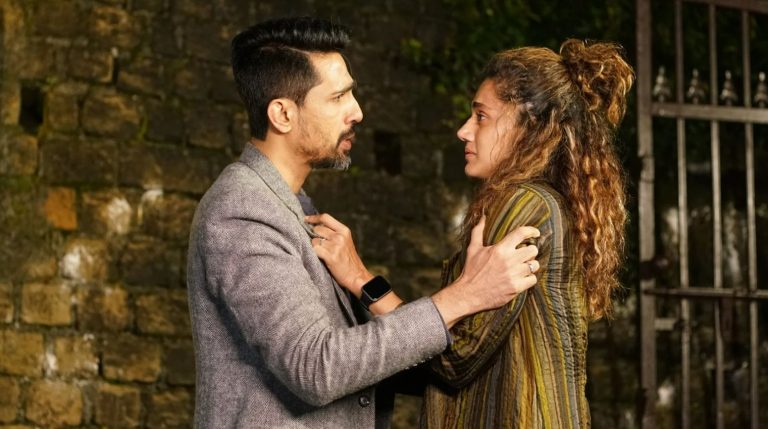Though not in the same league as mind-bending thrillers like Open Your Eyes or The Matrix, David Fincher’s third feature film, The Game, is an essential part of the ’90s canon of thrillers released in the aftermath of the internet’s birth, plunging the world into an indefinite existential crisis about the nature of reality. The Game shares little in common with such films as far as technology’s invasion is concerned. Still, it’s just as mind-boggling in its depiction of an individual’s predicament upon finding the pillars of salt in his comfortable and seemingly indestructible life was built on.
Following the success of Se7en, Fincher’s penchant for mood and atmosphere was reinforced with this film. It also established his clean, anamorphic style, with heavy use of yellowish tones and the formalistic perfection that would make him one of the finest directors of his generation. The Game, while an underrated work of his, is now a cult film, occupying the coveted position of a niche favorite in an otherwise highly popular filmography.
Plot
Nicholas Van Orton (Michael Douglas), and his younger brother, Conrad (Sean Penn), were born into a very wealthy family. At the age of 48, Nicholas’s father committed suicide by jumping off the roof of their house, something young Nicholas witnessed with his own eyes. Following his death, Nicholas took over his father’s role as an investment banker and also took his brother under his care. While he became successful, Conrad failed to make anything substantial out of his life, relying on his brother for money to fund his hedonistic lifestyle.
When the movie begins, Nicholas has just turned 48. He’s a cold and unemotional individual who doesn’t know exactly what kind of doctor his ex-wife is presently married to. He meticulously takes care of his empire and has no social life to speak of. His rude and clinical demeanor means he hardly has any friends and is presently estranged from his brother. He meets Conrad for lunch on his birthday. The latter gives him a gift card for a game service called ‘Consumer Recreation Services.’ Conrad appears to have pulled his life together in the sense that he is happy and at peace with himself, and he implores Nicholas to go to the CRS office and sign up for this experiential game, to which he attributes his current state of harmony.
Nicholas doesn’t initially take this gift card or Conrad’s suggestion seriously. Then one day, after a meeting, he realizes that the building he’s in has the CRS office on the 14th floor. Taking a chance, he goes up to the office and is moderately persuaded to play this game by Jim Feingold, a CRS employee. There are no specifics about what constitutes this ‘game.’ An elaborate series of examinations follow where various facets of Nicholas, from his physical attributes to his psychological profile, are all recorded by CRS to customize the game for him uniquely. Later that day, at the City Club, he meets two new members who had previously played the game and had their lives changed by it, though they also do not provide any specifics.
The following day, Nicholas’s application is rejected by CRS. On returning home, he finds a wooden clown lying face down on the driveway, in the same place and with the same posture as the one where his father lay dead. He takes it inside, and the newsreader on the television suddenly starts to speak to Nicholas, informing him that the ‘game’ has begun. Soon, Nicholas finds himself thrown down a gauntlet as the line between reality and fiction is soon blurred. The elaborate pranks turn into dangerous attempts at upturning and destroying his life. The ‘game’ stops being one and reveals itself as a tortuous con to deprive him of his money, house, respectability, and, eventually, his life.
Why did Sutherland tell Nicholas that his bank accounts were intact?
At his vacation home, when Sutherland (Peter Donat), Nicholas’s lawyer and most trusted ally, calls him after receiving his panic-stricken message, he informs Nicholas that his money is safe and not a cent in any of his bank accounts is unaccounted for. This is contrary to the information that Nicholas received a few minutes back when he inquired about the status of his money. The fact is, Sutherland was never in on the game and had not been asked to play a part. At the party towards the end of the film, he admits to not having any clue about what is going on with this ‘game.’
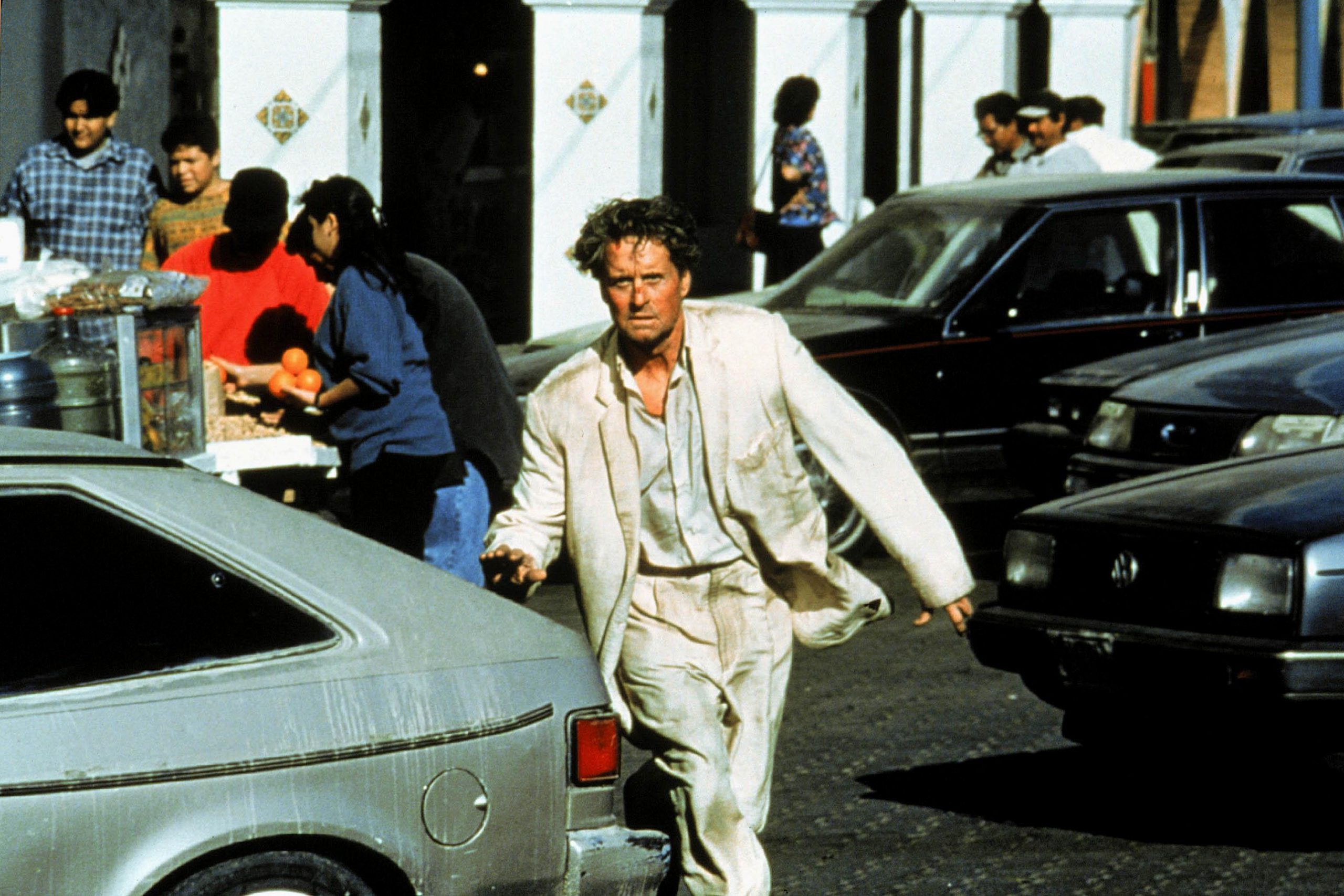
Christine (Deborah Kara Unger), an alleged waitress, asks Nicholas to check on his bank accounts as part of the game to alarm him and eventually realize his money’s value. When he placed a call to his Swiss Bank account, the call was intercepted, and the person he spoke to was a CRS employee. Christine didn’t consider that Nicholas would call Sutherland, which he did when she was away getting food at the gas station. Following Sutherland’s call at the vacation home, the only solution left to Christine is not to give away that whatever’s happening to Nicholas is one convoluted prank. She lies that Sutherland is in league with CRS. It’s right around this time that his drink, which she drugged, kicks in, and he doesn’t have time to reconsider how Sutherland could betray him.
Ending: What was the Point of the Game?
Ultimately, it turns out that everything Nicholas went through was all part of the ‘game’ he willingly chose to play. His money is intact, as is his house and everything he prizes. The point of the game was to make Nicholas appreciate everything he has in his life, including the affection his ex-wife still has for him or how much his younger brother, someone he readily dismisses as a black sheep, cares for him.
Conrad states quite directly at the end that he ‘had to do’ it, put Nicholas on this perilous odyssey, as a means of making him build character and not let his cynicism destroy him completely. When he musters the courage to walk to the taxi that Christine (or Claire) is taking, it shows that he has finally broken down the social and emotional barriers that had kept him trapped in his cold, ivory tower existence up until that point in his life. In fact, not only does he ask Christine out on a date, he even contemplates going to the airport for a coffee with her, leaving his birthday party behind, just to spend some time with her until she returns from Australia.
Jefferson Airplane’s ‘White Rabbit’
Jefferson Airplane’s seminal psychedelic song, White Rabbit, plays twice in The Game. The first time, it diegetically plays on speakers as Nicholas finds his house broken into and vandalized. At this point, the game intrudes into his personal sphere, and his life appears to be in danger. The second time it plays is just when the end credits are about to roll as Nicholas thinks about Christine’s proposal for a quick date at the airport.
The song White Rabbit uses Alice in Wonderland as an allegory for the effect of hallucinogens on the human mind. It’s a song commonly used to indicate a character stepping into a world or a situation with consequences they have no idea about. It was recently used in the trailer for ‘The Matrix Resurrections’ to indicate reality distorting itself in Neo’s life.
The song equates the great unknown of a drug trip with Alice, from Lewis Carroll’s Alice’s Adventures in Wonderland, who goes into a rabbit hole and finds herself in a bizarre fantasy world. The first time the song is played, it signals the intensification of the perils that Nicholas has no idea will soon invade his life, beginning with the damage to his house. At the end of the film, the use of the song is more optimistic.It foreshadows the new world Nicholas will find himself in after the game, drastically changing his outlook on life as he stands on the verge of acting on an impulse, something his old, stuffy self would never have considered.
A Satire on the Inordinately Wealthy
Nicholas’s happy ending shouldn’t drive our attention away from the fact that The Game is a vigorous critique of the habits of the rich. It isn’t an epiphany, an act of kindness, or anything altruistic that makes Nicholas recognize the value of everything he has. Instead, the prospect of being deprived of his immense privileges makes him realize how much he will lose if he doesn’t stop taking his world for granted.
The game designed by CRS is prohibitively expensive, so Conrad is relieved to eventually share the costs incurred with his brother, making it a life-changing experience that can only be afforded by the most elite minority out there. The joke inherent to the film’s premise is that to realize the value of his wealth is a venture that costs an inordinate amount of money. As a result, it is not a spiritual revelation that occurs to him, but rather the acquisition of fundamental human values that Nicholas thought he had no need to possess or practice due to his affluence and power.

